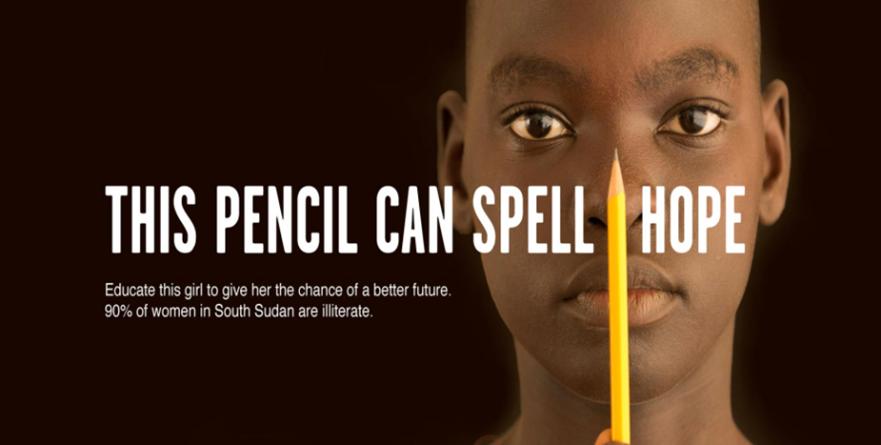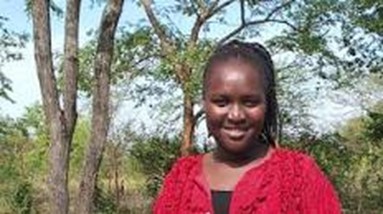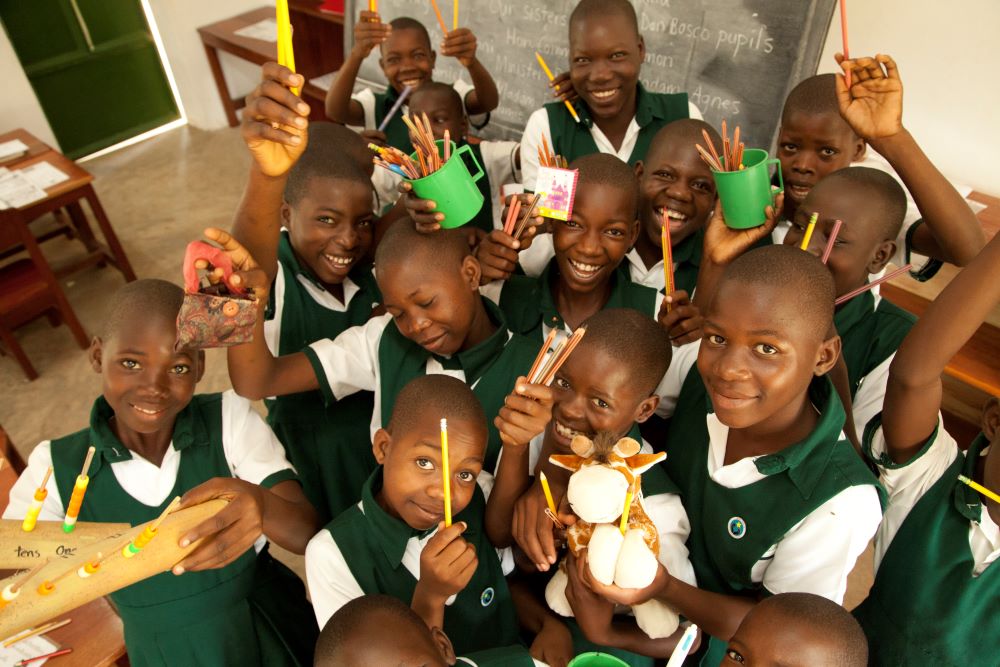In South Sudan, education is a key resource to build the nation and economy after war and years of under-development. Education is vital to help individuals and communities thrive. It is particularly important for girls, who are often disadvantaged in various ways in African societies, but where investment in their education pays off in multiple ways. Teachers and students at the pioneering Ibba Girls School show what can be achieved through high-quality schooling.

Black History Month and The Open University
This article arises from a presentation held on this topic during Black History Month 2023 for Open University staff. The presentation is at the end of the article.
The Open University (OU) has degree students in South Sudan and also a number of OU staff supporting Friends of Ibba Girls School, an NGO which established Ibba Girls Boarding School – an innovative girls residential school in Ibba, South Sudan.
So, step into this article to learn more about how hope is overcoming various structural challenges for all who want education in South Sudan, but where the barriers for girls are particularly evident.
The history of education in South Sudan
Few people are familiar with South Sudan, a country larger than France, with stunning richness of landscapes and cultures and with around 12 million people. South Sudan gained its independence from Sudan in 2011, which in turn had won independence from Britain and Egypt in 1956. From 1899, when Anglo-Egyptian forces under General Kitchener reoccupied the Sudan, until 1956, the Sudan was governed under the Anglo-Egyptian Condominium, though Britain was, in practice, the senior partner. During this time, the vast country of Sudan was administered by fewer than 150 officials.
However, education was neglected for southerners in the 1920s and 1930s when the British colonial authorities treated the south as a ‘closed district’ and outsourced education to Christian missionaries.
It was only in the last decade of colonial rule (up to 1956) that the government itself created schools. But then the long-running North–South civil war (the longest civil war on record) scotched opportunities for education for many South Sudanese, with many going into the bush to fight or becoming internally displaced or refugees.
The war finally ended in 2005 with the Comprehensive Peace Agreement, and South Sudan gained independence in 2011. However, another civil war then broke out within South Sudan in 2013, which ended with a peace deal in 2018, although with episodes of localised internal conflict since then. So it’s not surprising that South Sudan has one of the lowest literacy rates in the world, particularly for girls and women.
Ibba Girls School: A Beacon of Hope
Ibba Girls Boarding School is a drop in the ocean compared with such deep need for education, but it provides high-quality education for 360 primary and secondary school girls and it also provides inspiration for schools across the country. It was created by the local community, because few girls were educated beyond the age of 10 in South Sudan.
With the help of the UK NGO Friends of Ibba Girls School, and more recently also with Windle Trust International, the school is an environmentally sustainable school with solar powered water, electricity and internet. It also has qualified teachers and both academic and practical classes. The school is residential to enable girls to study in safety and security, without the pressures which can cause school dropout – heavy domestic labour in the family, the risks of daily travelling to school in a country where peace is not fully settled, and the risks of early or forced marriage. As the school is a community school its key focus is education without elitism.
Celebrating our sisters at Ibba Girls School
In this article and in the presentation, we celebrate three pioneers – an influential teacher, as well as the highly motivated Head Girl and Assistant Head Girl at the school. Rita Akello is the Senior Woman, who was recently profiled for World Teachers’ Day. Rita speaks about the importance of women teachers, because they can be role models for girls and encourage them to raise their aspirations as well as complete their school education. She is truly inspirational.

The Head Girl speaks about her weighty responsibilities, working with the school management and prefects to encourage students to do their best. The Assistant Head Girl talks about the ripple effects of the education provided by the school – she uses her own education to teach her siblings, help her parents (who are illiterate) and working as an assistant in local aid agency projects. She, like others at the school, thus provides vital community capacity building.
Gender and education
Across East Africa girls generally find it harder than boys to get an education, as they live in patrilineal societies, where boys’ education is often prioritised. However, girls’ education has many benefits for local communities, because educated girls have an impact not only through their later employment but also their impact on their own family health and aspirations, and the likelihood that they will settle and use their skills locally.
Education is hugely important, regardless of gender, for countries where there has been conflict and displacement because education is something a person carries with them throughout their life. This provides hope for South Sudan and we celebrate its education pioneers.
A call to action
If you have been inspired by this exploration of history and hope in South Sudan, then sign up for the newsletter of Friends of Ibba School, which supports this amazing and pioneering school. You will hear news about the school on a regular basis as well as activities in the UK and across the world to support the school.




Rate and Review
Rate this article
Review this article
Log into OpenLearn to leave reviews and join in the conversation.
Article reviews
Girls and women in Some districts of Pakistan are facing these challenges too.
Men cannot play as best as women can to develop a healthy , peaceful and literate civilisation.